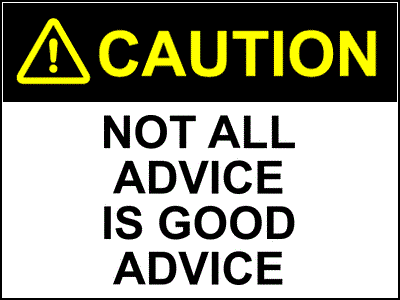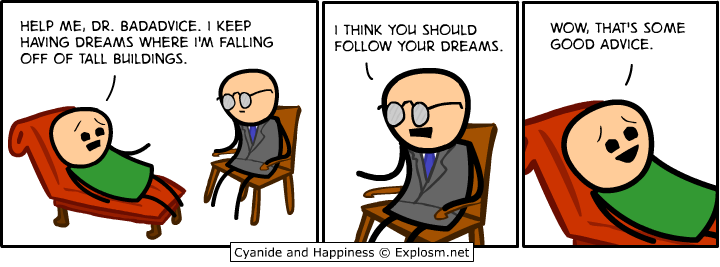Written by Chelsea Petersen LMFT
1: The advice isn’t personalized FOR YOU
People who have “been there done that” often like to share their wisdom. However, what they learned on their journey may not be what’s right for YOUR journey. Sometimes, they become pushy and tell you exactly what they did in the situation or the steps that you have to take. When they are unable to recognize that they aren’t just giving advice but are instead becoming pushy, that’s a good indication that their advice might not be what’s best for you.
2: Trust your gut
If something feels “off” about the advice then more likely than not you are probably right. Listen to your gut, and if it doesn’t feel right, take it with a grain of salt and keep asking other people for their advice. Don’t give up on asking for advice! It may just mean that you asked the wrong person and you will find support elsewhere.
3: Advice doesn’t match up with your goals
You may reach out to someone who you think might know and understand your ultimate goals and desires. However, if somewhere along the way wires get crossed and you begin to feel like maybe they don’t have the same goal in mind, it’s a good sign to not trust the advice you are receiving. For example, if someone having an affair asks me how to save their marriage but they truly don’t have the same goal of saving their marriage, any advice I give them is going to be bad advice. Both the giver and receiver of advice have to understand the end goal.
4: Advice is about the end result and not the process
Let’s say that same person who is involved in an affair wants to end the affair and asks for advice on doing that. If the advice is just focused on ending the affair, it won’t be any easier for the affair to end if we don’t think about the process and steps to getting there. You most likely already know the result you are hoping for and the advice you search out should be in support of the process of getting there, not just the end result.
5: Advice is full of emotion
If you receive advice from someone who is too involved or too close to the decision you are making, it can often be given with too much emotion in the way. When searching for advice, it’s best to stick with someone whom you trust that isn’t going to be affected by the decision you make. You want someone to think logically AND emotionally, and unfortunately, emotion often becomes too much of the driver if others are too invested or unable to help you make the best decision for you.
If you’ve got some overwhelming big decisions looming before you and aren’t sure how to move forward with your life, it may be a good idea to seek outside help. Our therapists are trained to help you make the best decision for YOU, to bring you the mental peace and comfort you deserve.


